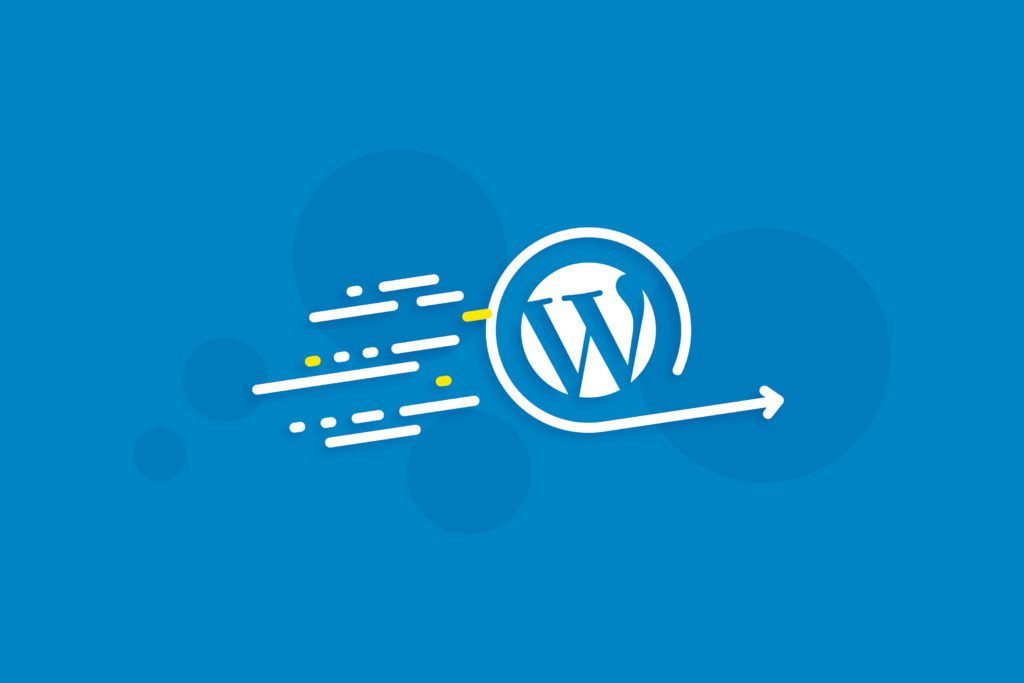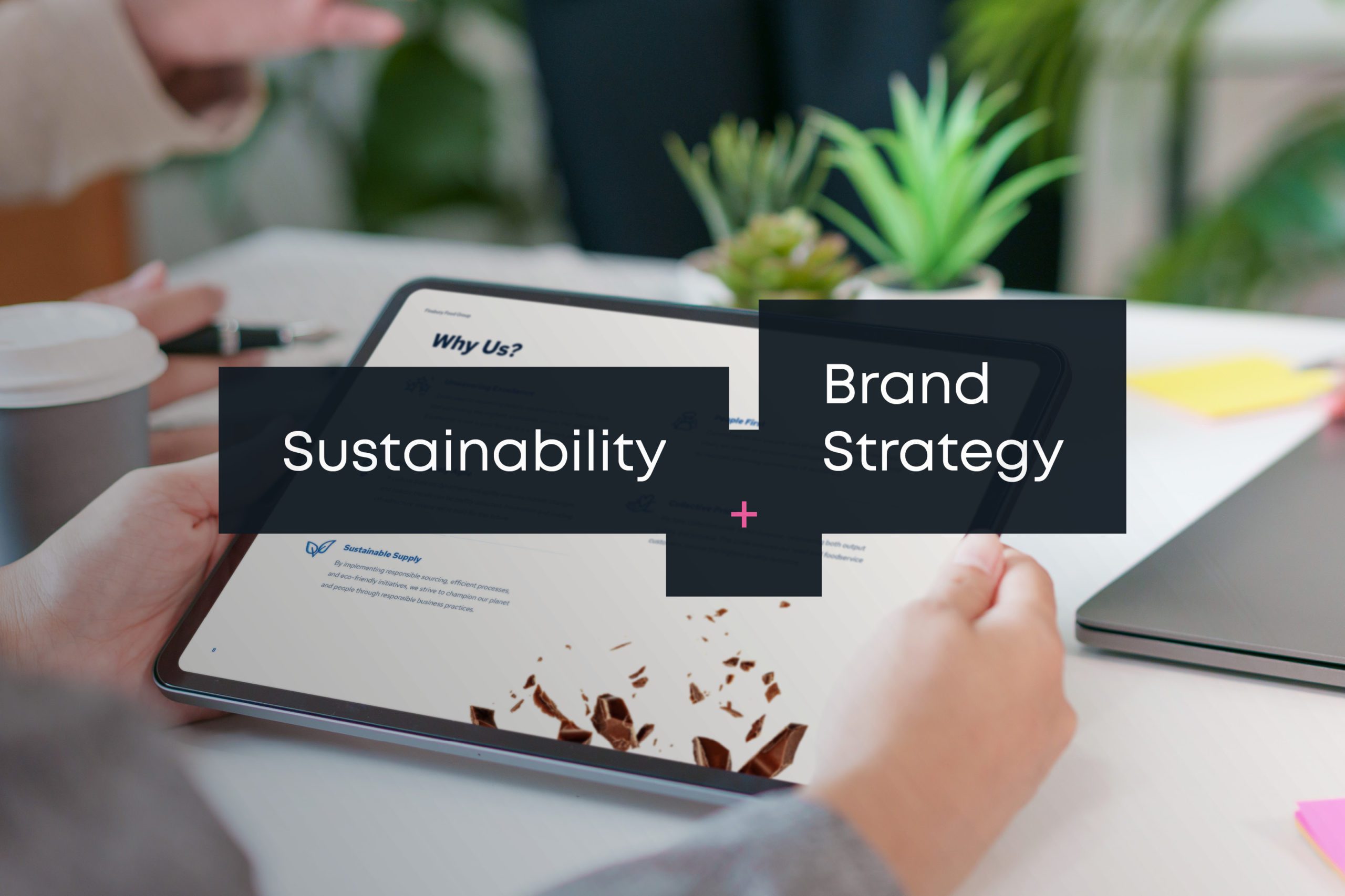A Guide to Optimising Your WordPress Site Speed

Website speed is paramount for any business – it immediately builds trust, indicates quality and creates a positive user experience. A sluggish website, on the other hand, can frustrate visitors, hinder conversions, and negatively impact search engine rankings. So, how do you improve WordPress site speed? By following the following optimisation strategies, you can significantly enhance your WordPress site’s performance, provide a superior user experience and profit from the commercial impact of a slicker digital journey.
Laying the Foundations
Your choice of theme and hosting provider significantly influences your website speed. Opt for a lightweight theme designed with performance in mind, avoiding bloated options laden with unnecessary features. A well-structured theme contributes to faster load times by minimising the amount of code that needs to be processed.
Your hosting environment is equally crucial. Look for hosting providers offering features like SSD storage, content delivery networks (CDNs), and optimised server configurations. Managed WordPress hosting often provides specialised performance optimisations. Consider factors such as server location, uptime guarantees, and technical support when selecting a host.
Optimise Those Images
Images are often the culprits behind slow-loading websites. Compressing images without compromising quality is essential. Utilise appropriate image formats like JPEG for photographs and PNG for graphics with transparency. Tools like TinyPNG and Squoosh can help you achieve optimal image compression.
Implement “lazy loading” to defer the loading of off-screen images, improving initial page load times. Prioritise above-the-fold (the part of the web page shown before scrolling) images for optimisation, as these are the first elements users see. Consider using image placeholders or low-resolution previews to enhance user experience while images load.
Serving Up Caching Speed
Caching is a powerful technique to enhance website performance by storing frequently accessed data. Popular caching plugins like WP Rocket and W3 Total Cache offer robust features to optimise your site’s caching. Configure caching settings carefully, considering factors like cache expiration times and browser caching.
Browser caching allows web browsers to store static resources locally, reducing the need to download them again on subsequent visits. Configure your server headers to set appropriate cache expiration times for static assets like images, CSS, and JavaScript files. This can significantly improve performance for returning visitors.
Streamline Your Code
Minifying CSS, JavaScript, and HTML files can significantly reduce file size and improve loading times. This process removes unnecessary characters and whitespace, making files smaller and faster to load. Consider using a plugin or code optimisation tool to automate this process.
Additionally, removing render-blocking resources can prevent elements from delaying page rendering. Prioritise loading critical CSS above the fold to ensure essential elements are displayed quickly. Defer non-critical JavaScript to the bottom of the page to avoid blocking rendering.
Monitoring and Optimisation
A bloated database can slow down your WordPress site. Regularly clean up post revisions, spam comments, and other unnecessary data. Optimise database queries and indexes to improve performance. Consider using a database optimisation plugin to automate this process.
Website performance is an ongoing process. Regularly monitor your site’s speed using tools like Google PageSpeed Insights and GTmetrix. Identify performance bottlenecks and implement necessary optimisations. Keep up to date with the latest performance best practices and emerging technologies.
By following these strategies and continuously monitoring your site’s performance, you can significantly enhance user experience, improve search engine rankings, and drive conversions.
If you feel like you could use a sprinkling of expertise or would like to entrust specialists to get your website humming, we’d love to help. We offer WordPress website support, so get in touch with us today to start the conversation and get your website working hard towards your success.

